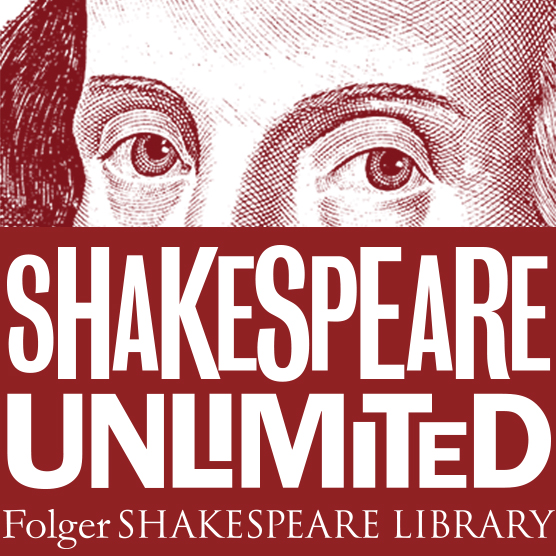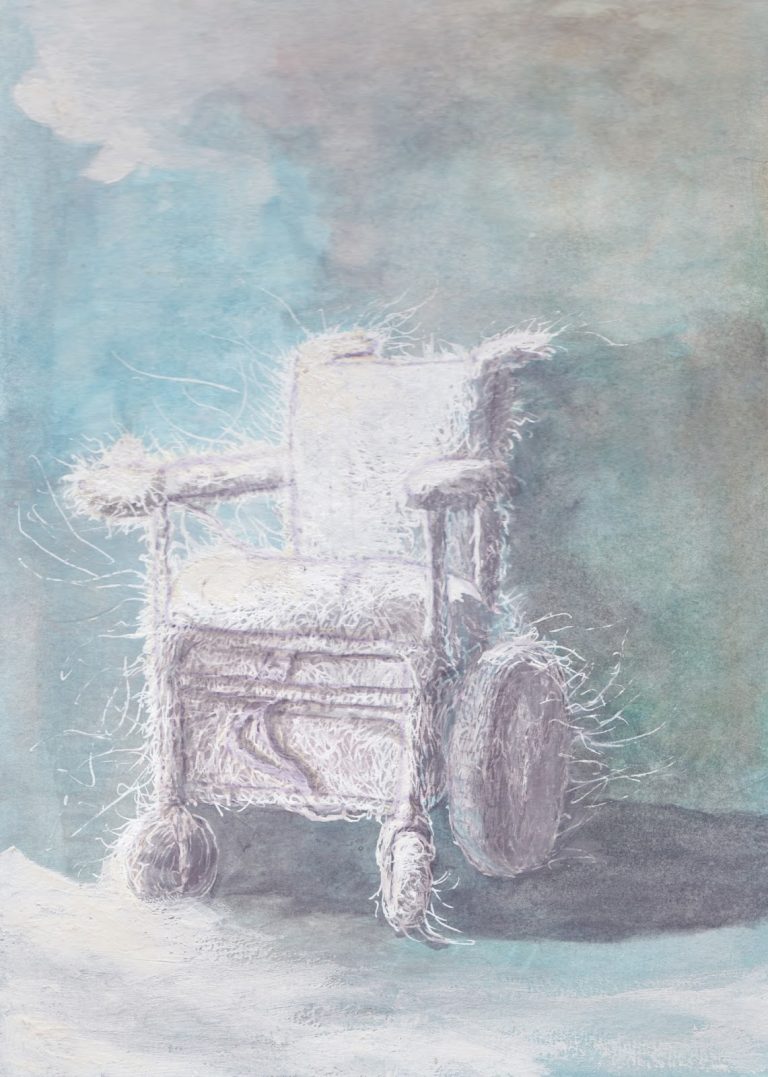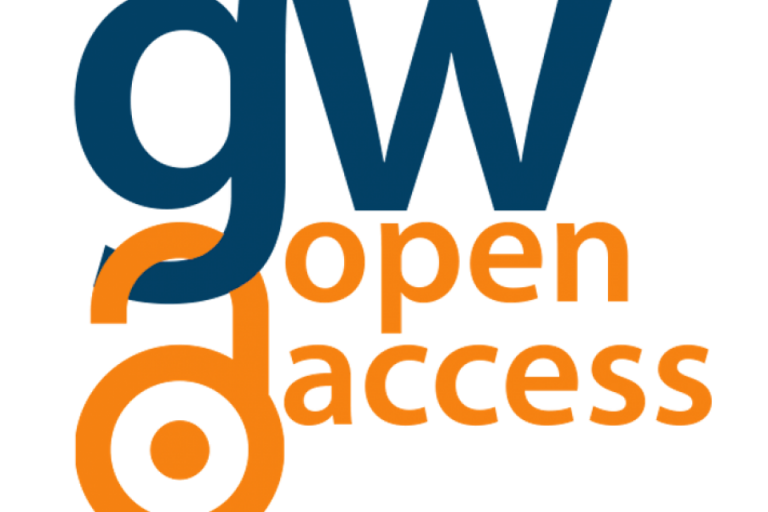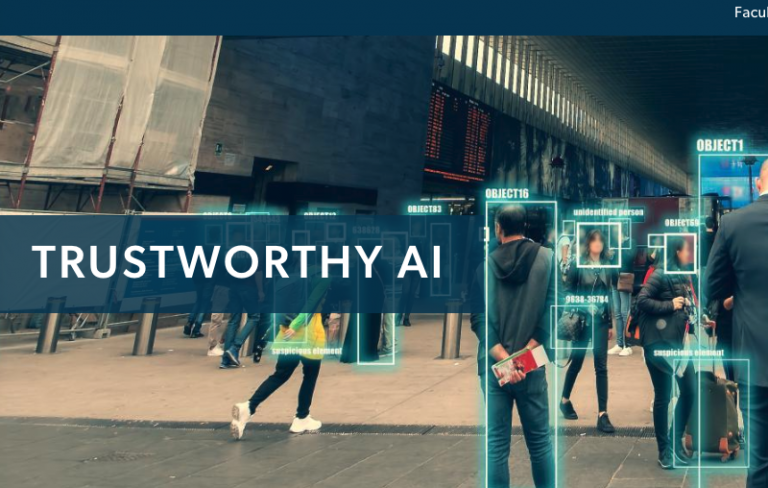Shakespeare in American Sign Language
Check out this podcast on Shakespeare in American Sign Language. Intriguing relationship between medium and message here! h/t Jill Bradbury
https://soundcloud.com/folgers…/shakespeare-in-sign-language

Check out this podcast on Shakespeare in American Sign Language. Intriguing relationship between medium and message here! h/t Jill Bradbury
https://soundcloud.com/folgers…/shakespeare-in-sign-language


Announcement: Haylie Swenson – PHILA podcast and new para-academic endeavors at Punctum+Studium

[Cross-posted from the GW English blog] George Washington University’s biennial Composing Disability Conference returns in Spring 2016 with the theme of “Crip Ecologies.” The event will be held April 7-8, 2016; featured speakers include Sunaura Taylor and Riva Lehrer, with others to be announced soon. Crip Ecologies is sponsored by the Vice Provost for Diversity and Inclusion,…

Announcement: M.W. Bychowski published an article, “Unconfessing Transgender: Dysphoric Youths and the Medicalization of Madness in John Gower’s “Tale of Iphis and Ianthe” in the OA journal Accessus Abstract: On the brink of the twenty-first century, Judith Butler argues in “Undiagnosing Gender” that the Diagnostic and Statistical Manual of Mental Disorders (DSM) defines the psychiatric condition of…

GW ScholarSpace provides free, public access, broad visibility, and long-term preservation for the research and scholarly works created by GW’s faculty, staff and students.

In April, 2024, George Washington University launched the Trustworthy Artificial Intelligence Initiative. Here is the news story. The Digital Humanities Institute is a partner program, and Profess Alexa Alice Joubin is a TAI faculty. As transformative AI becomes increasingly embedded in complex systems, policy makers and researchers must determine how to govern and evaluate this…

In what senses might AI be theorized as a type of RenAIssance technology of re-generation that connects early modern thoughts on mind-body and modern models of ideation? Submit your proposal for our panel on RenAIssance Studies: Techne, Technicity, and Artificial Intelligence at the RSA in Boston, March 20–22, 2025